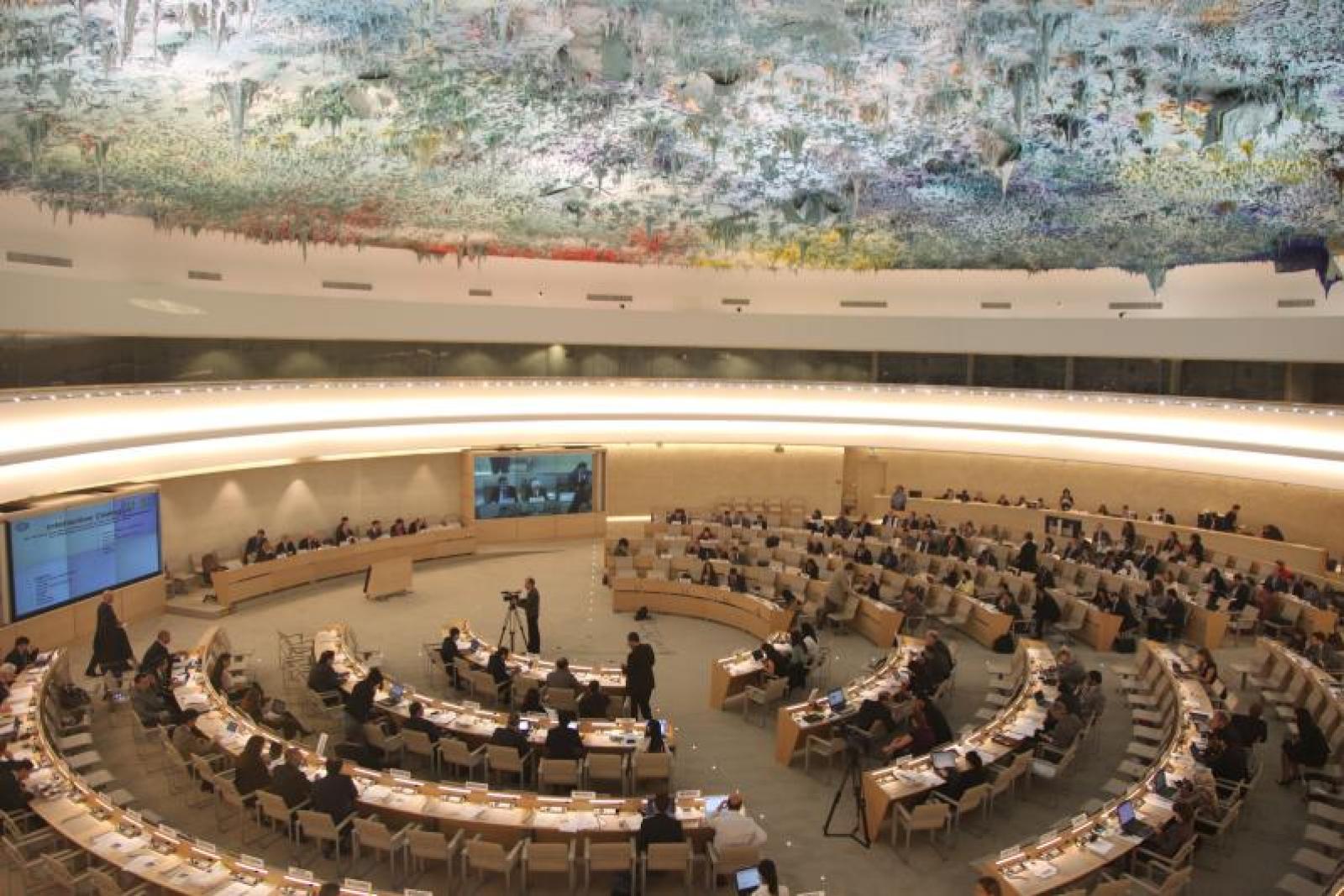
Article published on the ASSET website
This editorial introduces the new edition of ASSET paper series.
Human rights are at the very core of EU democracy. With the entry into force of the Lisbon Treaty in 2009, the Charter of Fundamental Rights of the EU became legally binding and the EU acceded to the European Convention on Human Rights. The Charter contains rights and freedoms under six titles: Dignity, Freedoms, Equality, Solidarity, Citizens' Rights, and Justice. In this contribution, I would like to have a quick look at how far these principles of democracy and human rights are stressed with the current flow of migrants and people seeking protection towards the EU and how health can contribute in preserving these rights. However very clear the EU basic principles seem, we might wonder if the European health systems can somehow coop and apply these fundamental values in the context of current migration, overburdening the health service delivery of the host countries.
Health is written as a human right since long in international texts. Examples include the 1946 World Health Organisation Constitution, the 1948 Universal Declaration of Human Rights, and the 1966 International Covenant on Economic, Social and Cultural Rights (ICESCR). Health is indispensable in fulfilling the fundamental human rights principle that human dignity is inviolable. The right to health covers the right to accessible, available, adequate-quality health care. It also includes a wide range of factors that can lead to a healthy life, including the protection of health, providing equality of opportunity for everyone to enjoy the highest attainable level of health; the right to prevention, treatment and control of diseases; access to essential medicines; maternal, child and reproductive health. Health as a human right therefore defines both a legal obligation and a set of values that are applied in a human rights-based approach to local, national and global health.
The individual rights to health may sometimes be balanced against the greater good for a community. Health concerns can according to the international agreements be used as potential restrictions. “No restrictions shall be placed on the exercise of these rights other than such as are in accordance with law and are necessary in a democratic society in the interests of national security or public safety, for the maintenance of order public, for the prevention of crime, for the protection of health or morals, or for the protection of the rights and freedoms of others.” (Convention Protection of Human Rights).
Public health protection is a permissible ground for limiting the rights to liberty of movement, freedom of religion, of expression and of association. In various countries, quarantines and limitations on freedom of movement often have been imposed for public health reasons. There is a danger that such restrictions on rights may not be justified on health grounds. Under international human rights law, national decisions to limit rights may be overseen by international committees, which can require states to provide adequate justifications for rights limitations. Many human rights documents acknowledge this need for extreme measures, but prioritize public health only as a method of last resort.
But while the health and well-being of individuals suggests the need for adequate medical personnel, diagnostics, and treatment, public health refers to disease prevention and health promotion at the level of the collective: defined as group, community, organizational, geographical, national, or international levels. The current situation of people trying to cross the EU borders as a consequence of social and political instability, is a humanitarian disaster and crisis which calls for emergency responses.
Since years and certainly in the aftermath of the terrorist attack of 9/11 in the US, the anthrax threat, the EU has organised itself to protect lives and assets of EU citizens as well as to provide effective assistance to non-EU countries, as an important expression of European solidarity. Enhancing Europe's resilience to crises and disasters is one of the core objectives of the Internal Security Strategy in Action (2010). The Solidarity Clause in the EU Treaty introduces a legal obligation to assist each other in case of a terrorist attack or a natural or man-made disaster. The implementation of this clause, aims for a better organised EU and a more efficient crises management.
Different crisis coordination mechanisms have been set up to enhance the EU's crisis management capacity. The EU emergency and crisis coordination arrangements (EU-CCA) define rules for interactions between EU institutions and affected EU States, while the integrated EU arrangements with cross-border effects (EU-ICMA) facilitate practical cooperation. At Commission level, the rapid alert system – ARGUS - brings together all relevant Commission services to coordinate efforts during an emergency. Public health mechanisms have been strengthened to respond accurately to health threats. Decision 1082/2013/EU on serious cross-border threats to health, is coming into play for events that may constitute public health emergencies of international concern under the International Health Regulations, provided that they fall under one of the defined categories of threats in this decision.
The EU is seeking to harmonise and support national efforts to better manage returns with the Return Directive and the Asylum, Migration and Integration Fund for non-EU nationals who are staying irregularly. We see here a package of legislation, principles, instruments to protect EU citizens and in some cases for individual non-EU citizens to benefit from an equitable treatment. However, we are confronted at our borders with a flux of people and no doubt a shortage in EU and Member States resources at a point where the concept of solidarity amongst EU Member States is becoming doubtful. It’s a very complex situation, in which without knowing the complete context, one might jump to quick conclusions.
Nevertheless, the threat is real that rights to health are less taken into account, which may lead to a violation of the individual rights, and which entails a public health risk for that community of migrants waiting for a new life in settlements and camps. The emergency in public health is there in many ways. Continuing to protect the EU’s public health, is one requirement. At the same time, protecting the individual physical and mental health of a migrant but also protecting the health of the migrant community. And organising the available resources, including respect for the aid workers.
The issue of dealing with a public health emergency and countering public health threats from outside the EU brought humanitarian aid efforts and support together. In the current context, we may wonder if the real threat is not about respecting human rights. We should keep in mind that the role of governments, professionals, international institutions is a matter of building solidarity in order to give those seeking for protection the same opportunity as any EU citizen.
Solveig Wallyn
Welzijn, Volksgezondheid en Gezin, Belgium


